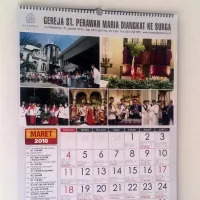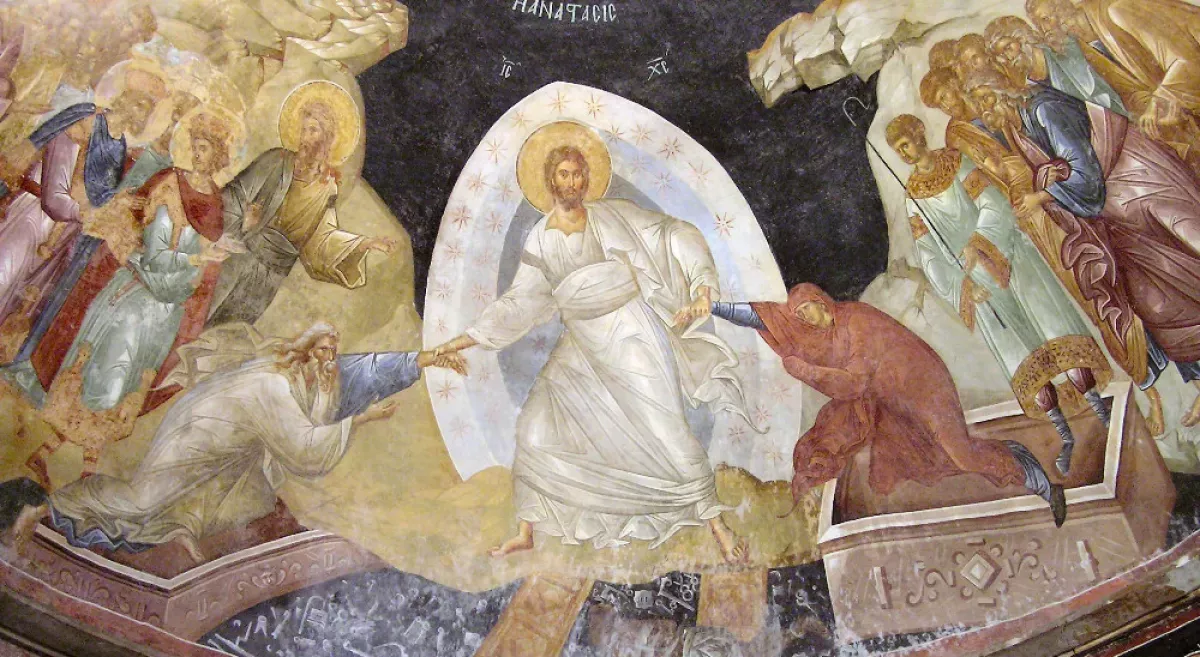Easter is a Christian holiday celebrating the resurrection of Jesus Christ from the dead, an event central to Christian belief. Celebrated on the Sunday following Good Friday (the day of Jesus' crucifixion) and following a period of fasting and penitence known as Lent, Easter marks the culmination of the Passion of Jesus. It is also a cultural holiday, often celebrated with traditions such as Easter egg hunts, Easter bunnies, and family gatherings.
1900: Calendar Differences Affecting Orthodox Easter Date
In 1900, the thirteen-day difference between the Julian and Gregorian calendars started to affect the calculation of the date for Orthodox Easter, causing it to vary between April 4 and May 8 in the Gregorian calendar.
1916: Fabergé Workshops Created Jeweled Easter Eggs
From 1885 to 1916, the House of Fabergé workshops created jeweled Easter eggs for the Russian Imperial family. 1916 was the last year they were created.
1923: Revised Easter Computation Not Implemented
In 1923, a revised Easter computation was part of the original agreement to the Revised Julian calendar. However, it was never permanently implemented in any Orthodox diocese.
1923: Orthodox Congress Agreed to the Revised Julian Calendar
In 1923, an Orthodox congress of Eastern Orthodox bishops met in Constantinople and agreed to the Revised Julian calendar. The representatives mostly came from the Patriarch of Constantinople and the Serbian Patriarch.
1928: Easter Act Passed in the United Kingdom
In 1928, the Parliament in the United Kingdom passed the Easter Act 1928 to change the date of Easter to be the first Sunday after the second Saturday in April. It was never implemented, however, the legislation remains on the Statute book.
1994: Easter Tuesday Ceased as Public Holiday in Victoria
Until 1994, Easter Tuesday was a public holiday in Victoria, Australia. In 1994, Easter Tuesday ceased as public holiday in Victoria.
1997: World Council of Churches Proposed Easter Reform
In 1997, at a summit in Aleppo, Syria, the World Council of Churches proposed a reform in the calculation of Easter which would have replaced the present divergent practices of calculating Easter. The changes would have sidestepped the calendar issues and eliminated the date difference between the Eastern and Western churches.
2001: World Council of Churches Reform not Adopted
In 2001, the Easter reform proposed by the World Council of Churches in 1997 was proposed for implementation, but was not ultimately adopted by any member body.
2014: Norwegians Travel During Easter
According to a 2014 poll, 6 of 10 Norwegians travel during Easter, often to a countryside cottage; 3 of 10 said their typical Easter included skiing.
January 2016: Churches Considered Common Easter Date
In January 2016, the Anglican Communion, Coptic Orthodox Church, Greek Orthodox Church, and Roman Catholic Church considered agreeing on a common, universal date for Easter, while also simplifying the calculation of that date.
November 2022: Conversations Began to Determine a Common Date for Easter
In November 2022, conversations between the Roman Catholic Church and the Orthodox Churches had begun to determine a common date for the celebration of Easter.
2025: Potential Agreement on Common Easter Date
In 2025, the 1700th anniversary of the Council of Nicaea is expected to yield an agreement on a common date for the celebration of Easter between the Roman Catholic Church and the Orthodox Churches.
2099: Calendar Differences Affecting Orthodox Easter Date
In 2099, the thirteen-day difference between the Julian and Gregorian calendars is expected to continue to affect the calculation of the date for Orthodox Easter, causing it to vary between April 4 and May 8 in the Gregorian calendar.
Mentioned in this timeline

The Catholic Church the largest Christian church globally with over...
Syria officially the Syrian Arab Republic is a West Asian...
Australia officially the Commonwealth of Australia encompasses the Australian mainland...

Books are a means of storing information as text or...

Calendars are systems for organizing days by naming time periods...

Travel involves the movement of people between geographical locations using...
Trending

53 minutes ago Lakers Seek to Unlock Ayton's Greatness While Hayes Shines, Exposing Unwanted Truth.

53 minutes ago Jrue Holiday NBA DFS picks, lineups, and player prop bets for February 24.

53 minutes ago Julius Randle's Injury Update: Chris Finch Comments, Randle Scores 18 in Loss
54 minutes ago Jaden McDaniels excels as scorer, boosting Timberwolves with underrated skills this year.

54 minutes ago NBA Southeast Notes Discuss Trades, Desmond Bane's Performance, and Wendell Carter Jr.

2 hours ago Space Force Upgrades, Battle Management, and Role in Raids Spark Resource Push
Popular

Jesse Jackson is an American civil rights activist politician and...

Susan Rice is an American diplomat and public official prominent...

Barack Obama the th U S President - was the...

Michael Joseph Jackson the King of Pop was a highly...

Bernie Sanders is a prominent American politician currently serving as...

XXXTentacion born Jahseh Dwayne Ricardo Onfroy was a controversial yet...
